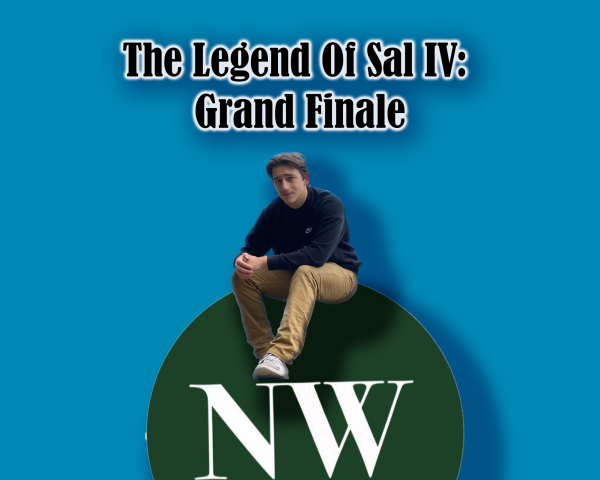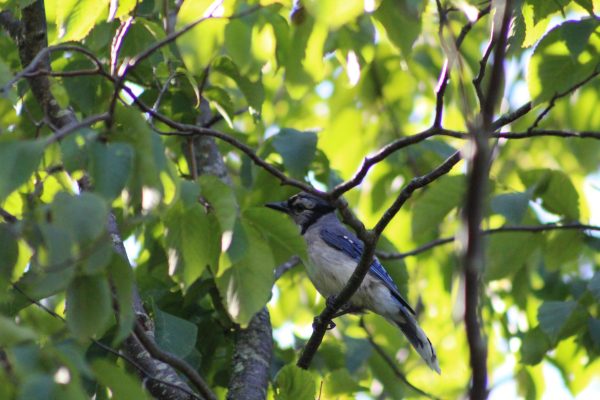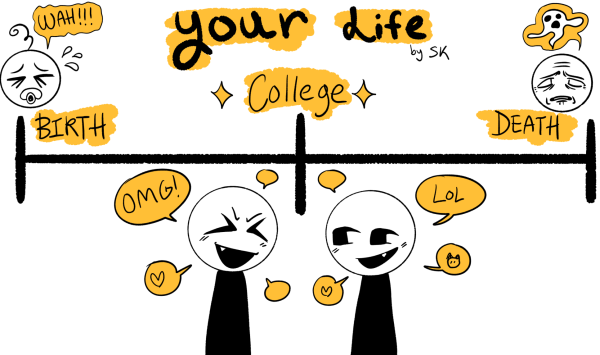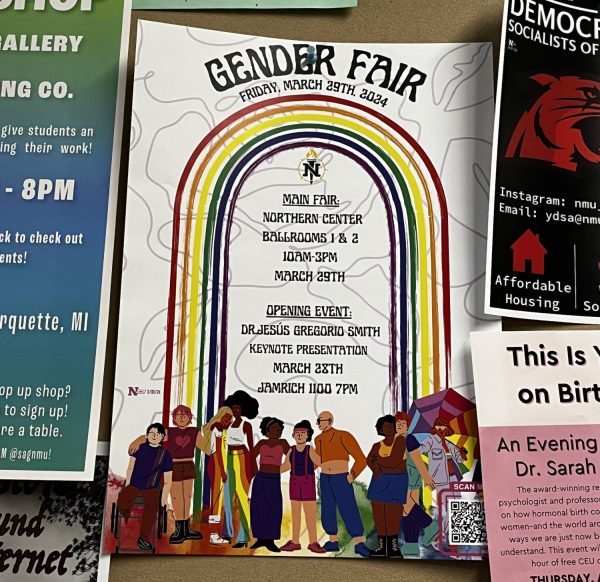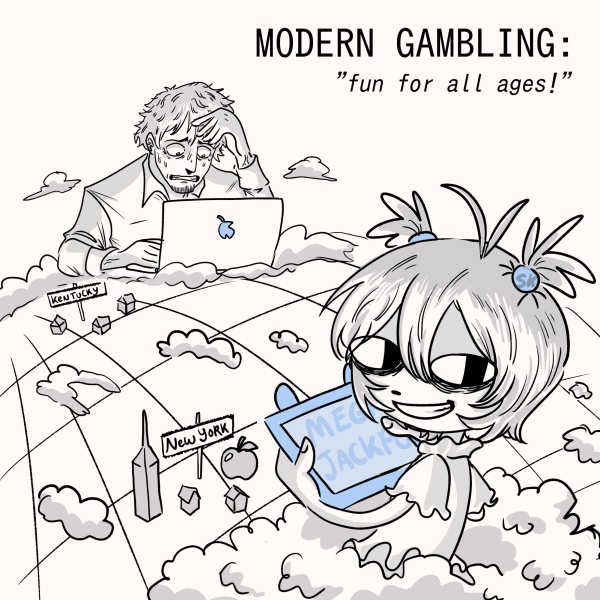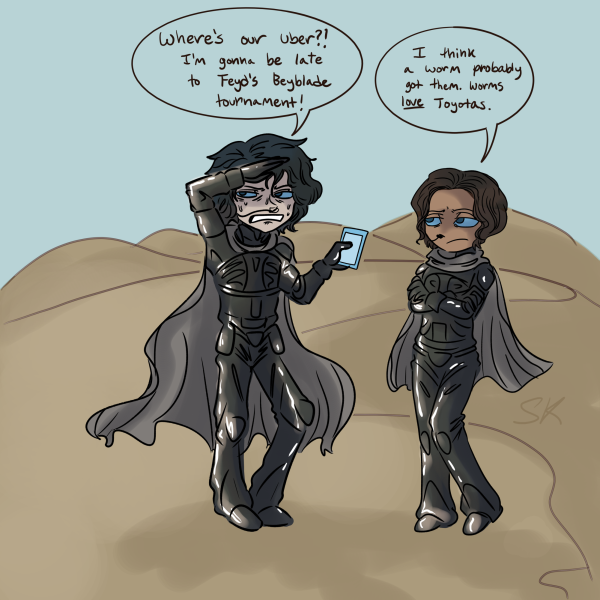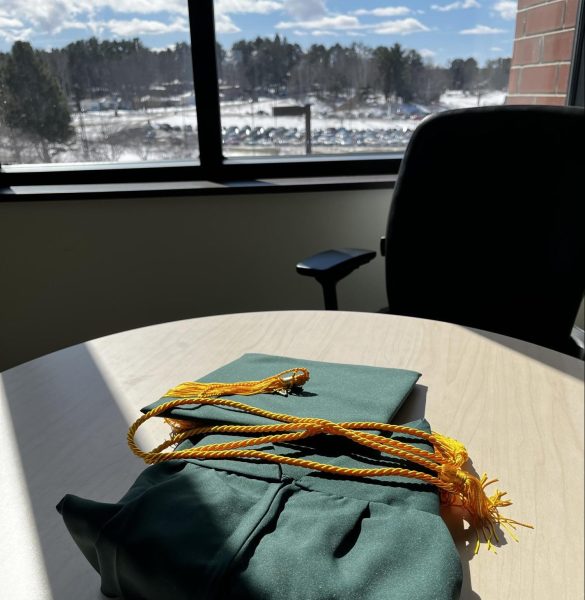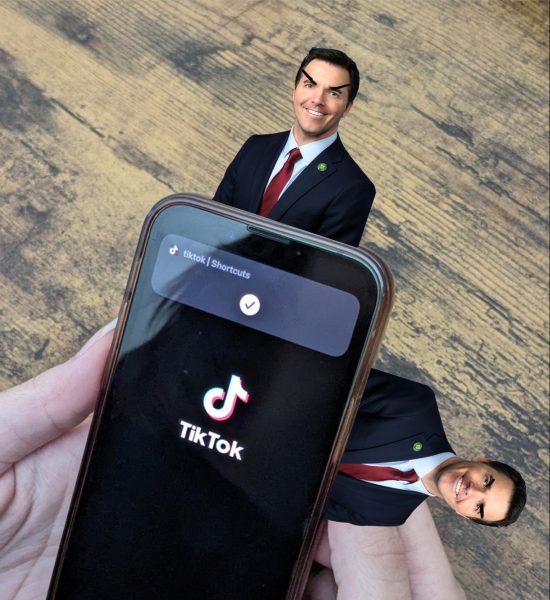Opinion—Growing up in a cult…not fun
April 26, 2022
I was in a cult. Not by choice, to be fair. I was a child.
Frequently asked the question: did we sacrifice goats? No.
What did we do? Blatant appropriation and corruption of Native American practices such as drum circles, sweat lodges, coming of age ceremonies (and other varying ceremonies), mixed in with group work-outs, martial arts classes and random seminars on esoteric subjects including the Enneagram, hypnosis and social techniques.
Plus, technically at one point, my mother did give a couple of roosters to a friend for sacrifice, but that’s not strictly relevant.
So, at this point, I should probably give a psychological definition of the word “cult” because it has so many pop culture connotations.
According to the Cult Education Institute, when defining cults “the most important concern today is not simply who might be somewhat ‘cultic’ in their devotion now or historically, but what groups might represent potential problems regarding personal or public safety. That is, groups that are potentially unsafe and/or destructive.”
Some characteristics which make up a cult include the presence of a “charismatic leader, who increasingly becomes an object of worship,” a process of coercion in which members’ thoughts are reformed to the benefit of the leader and “Economic, sexual, and other exploitation” of members of the group, according to the institute.
And if you’re wondering whether my experience fits into those criteria, yep.
In fact, cults are weirdly embedded in my family history.
Separate from the group I grew up in, my father grew up in a much larger cult known as 3HO, or the Happy Healthy Holy Organization, run by Yogi Bhajan. As a side note, ViceTV recently came out with a short documentary about the abuses present in that particular organization. 3HO required that members change their names, including the mandatory last name Khalsa. And that is how I inherited the name I carry today, even though I was never a part of that group. As another side note, 3HO is the same organization that continues to produce Yogi Tea and Soothing Touch body care products (including the chapsticks sold at Sundre…).
I started looking into 3HO when I was in high school and quickly realized it wasn’t just a regular ol’ religious organization as I had been told during my childhood. As a result, I started thinking about cults not just as things that happen to other people, but as something that was part of my own family history. I also came to understand why cults are harmful and how they happen. A particularly impactful piece of my research was reading through Premka Kaur Khalsa vs. Yogi Bhajan which detailed some of the sexual abuse experienced by the young women in Bhajan’s inner circle.
It was at this point that I took a look at my own life and realized I was in a cult too. And, oh boy, did that explain a lot of what I’d been going through.
I won’t go into many specifics about my process of leaving the group that I was part of, but I will say that it was one of the most difficult things I’ve done and that it left a big imprint on my personality.
Since then, I’ve tried to be open about speaking about my experiences. Earlier this semester, I participated in a research study on the experiences of cult survivors, focusing specifically on cult communication. The project was conducted by Claire Di Lorenzo at Illinois University Edwardsville. Being a part of her research project helped me further reflect on my experiences, as well as integrate and accept them.
I’ve also realized that people often don’t often understand what cults are in reality (hence the question I’ve received about goat sacrifices). A couple of my friends recently explained to me what they think of in relation to the term “cult”, and the results ranged from “like in the movies, like a massive hierarchy, living together, all of them are having to dress the same” to “strange rituals, the kool-aid guy, hidden remote areas.” Pop culture would lead you to believe such things, as only the most sensational details of cult life make it into movies and the news.
So, what was it really like? The reality is, it’s just a group of self-isolating people operating under an f—ed up ideology. It happens easily, and more people are vulnerable to the kinds of manipulation it’s built on than you might think. They can be big or small, and the severity of harm inflicted on members and those outside the group varies. My personal definition of a cult is pretty simple: if there’s a hierarchy, shared ideology that isolates you from the rest of the world and molds your personality, as well as the presence of some form of abuse, then voila, it’s a cult.
Main takeaways: I’ll probably continue recovering from my years living in a cult for quite some time. Meanwhile, if you find yourself wondering whether your own experiences with a religious or ideologically-driven organization meet the above criteria, that’s probably a sign you need to leave. Seriously, leave ASAP. I truly understand how difficult it is, but your entire life will improve dramatically once you free yourself.
And for the rest of you, just remember that cults aren’t always like what you see in the movies, and please stop asking me about goats.























